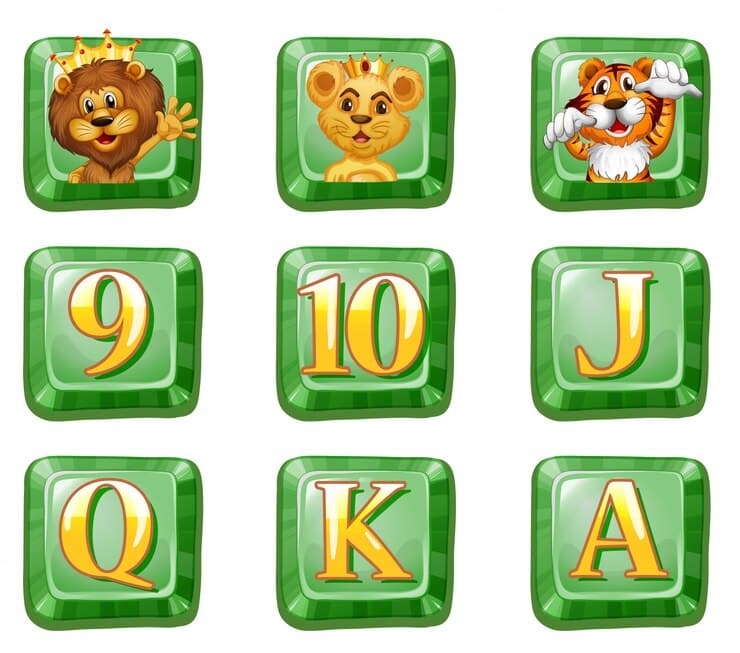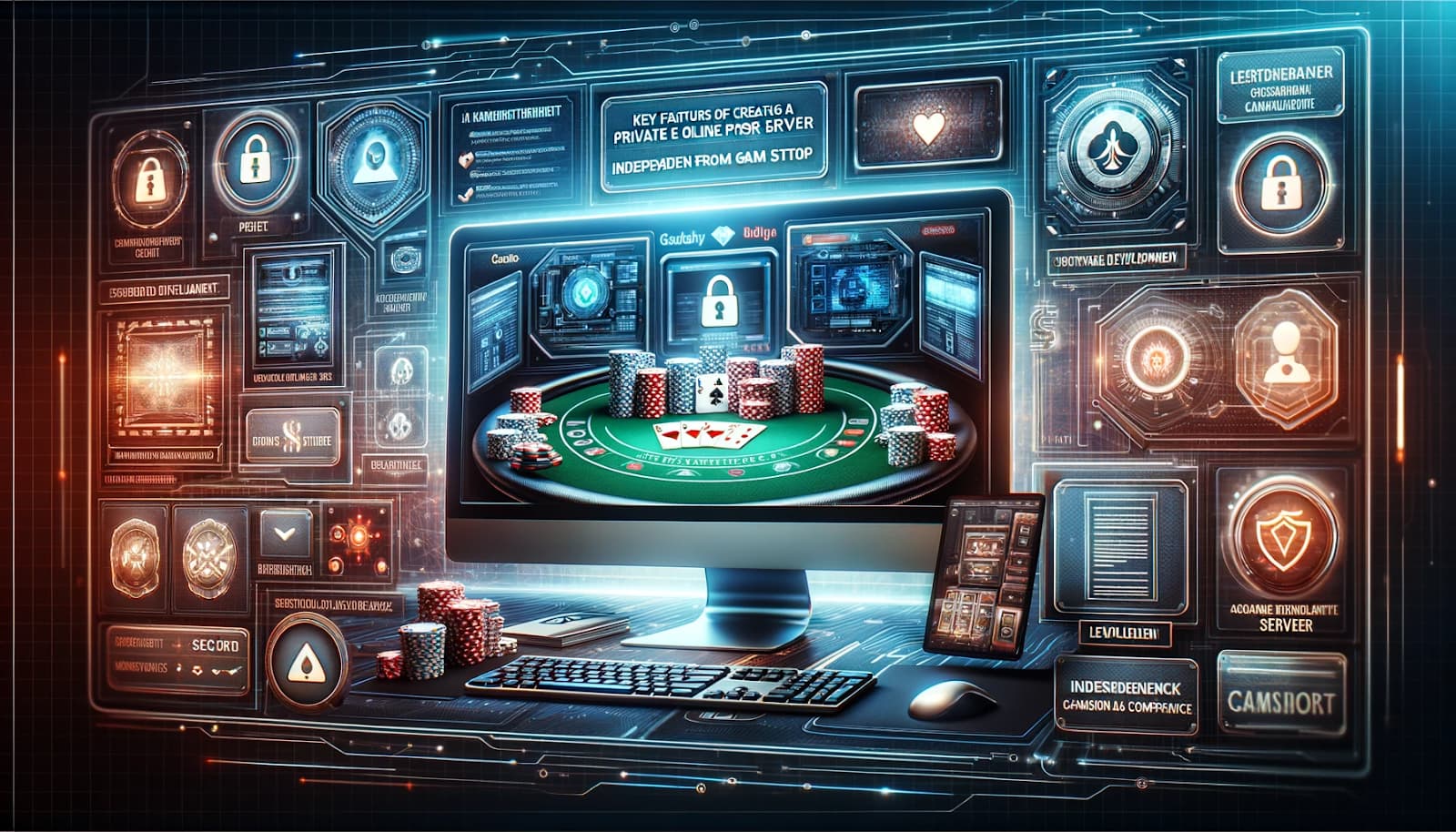In the digital landscape, the term “server” can have various implications. For video game enthusiasts, the category of “game servers” holds particular significance. What exactly are these systems, how do they operate, and what are their primary functions? Let’s delve into these aspects in detail.
What is a Game Server?
A game server is a specialized or virtualized platform designed to handle and exchange data in multiplayer online games. In simpler terms, it’s the hub where all major events in multi-user games occur. When players connect to a game, their devices interact with the server to send and receive data.

Why are Game Servers Necessary?
Core Functions of Game Servers:
-
Data Consistency: In online games involving multiple players, the server ensures the coordination of their actions, providing a consistent and synchronous gaming experience.
-
Counteracting Cheating: Server-side mechanisms can regulate the rules of the game, minimizing the likelihood of unauthorized interference by participants.
-
Virtual World Management: In many online games, the gaming world operates autonomously, and the server controls everything from weather conditions to NPC (non-player character) behavior.
Types of Game Servers:
-
Dedicated Servers: These are high-performance computers fully focused on maintaining the gaming session. They offer stable and rapid connectivity for all participants.
-
P2P (Peer-to-Peer): In this model, there is no central server, and one of the players becomes the “host,” bearing the primary workload. This can create issues if the host has an unreliable connection or inadequate hardware.
-
Cloud Servers: Games can utilize virtual cloud resources, making it easier to scale and manage servers based on the number of players.
Own Server or Rent?
Some companies manage their servers, while others prefer to lease resources from specialized hosting providers. The choice is determined by resources, expertise, and game-specific requirements.
Game servers play a critical role in multiplayer online games, ensuring synchronization, stability, and quality interaction. With the advancement of technology and virtualization, they continue to evolve, enhancing the gaming experience for all participants.
Challenges and Obstacles in Game Server Operations
While game servers offer vast capabilities for multiplayer games, they also face certain challenges:
-
Data transfer delays. This is measured by the time it takes for information to pass between the player and the server. Real-time action games require minimal lag.
-
DDoS attacks. Criminals can flood the server with requests, hampering its normal operation.
-
Quick adaptability. It’s crucial how a server responds to an increase or decrease in players, especially when the online count spikes suddenly.
Specifics of different game genres:
-
MMOs. They require high-powered servers capable of serving a massive number of simultaneous players and guaranteeing 24/7 stability.
-
Action and shooting games. They prioritize minimal lag, allowing players to react swiftly.
-
Strategy games. Matches here can last a long time, and the server must maintain stability throughout.
Future prospects of game servers:
Given the advancements in cloud services and big data analytics, servers are likely to become more advanced and flexible. AI could help in efficient resource allocation, anticipating activity peaks, and automating scalability.
Ecological aspects of server operations:
As server performance increases, so does their power consumption. Data centers, where they reside, consume vast amounts of electricity, increasing carbon emissions. However, many companies are integrating eco-friendly cooling methods and harnessing renewable energy sources.
Gaming Servers and Social Sphere
Digital games and their server infrastructures have become a communication hub for numerous users. Gamers establish amicable ties, compete, forming alliances, clans, and groups. In this context, servers provide a foundation for social interactions, sometimes as vital as the gameplay itself.
Personal Modifications and Servers
Many games grant participants the opportunity to create personal servers or adaptations that alter the gaming process. Such servers can introduce their rules, custom maps, or community-driven add-ons.
Information Security and Privacy
Considering that game servers often contain users’ personal details and in-game achievements, ensuring their safety becomes paramount. Hacker assaults, breaches, and data leaks can undermine the credibility of companies and the trust of participants.




